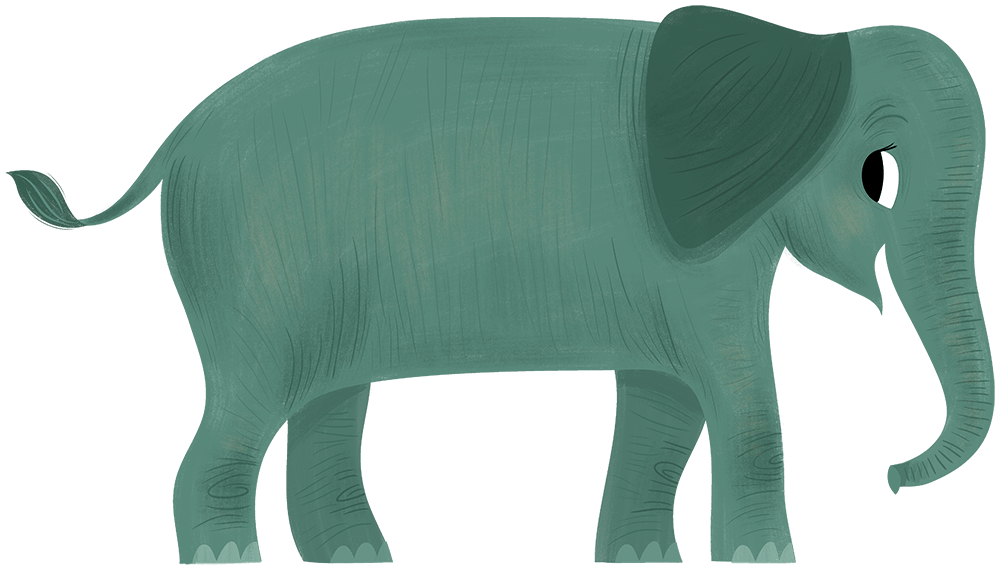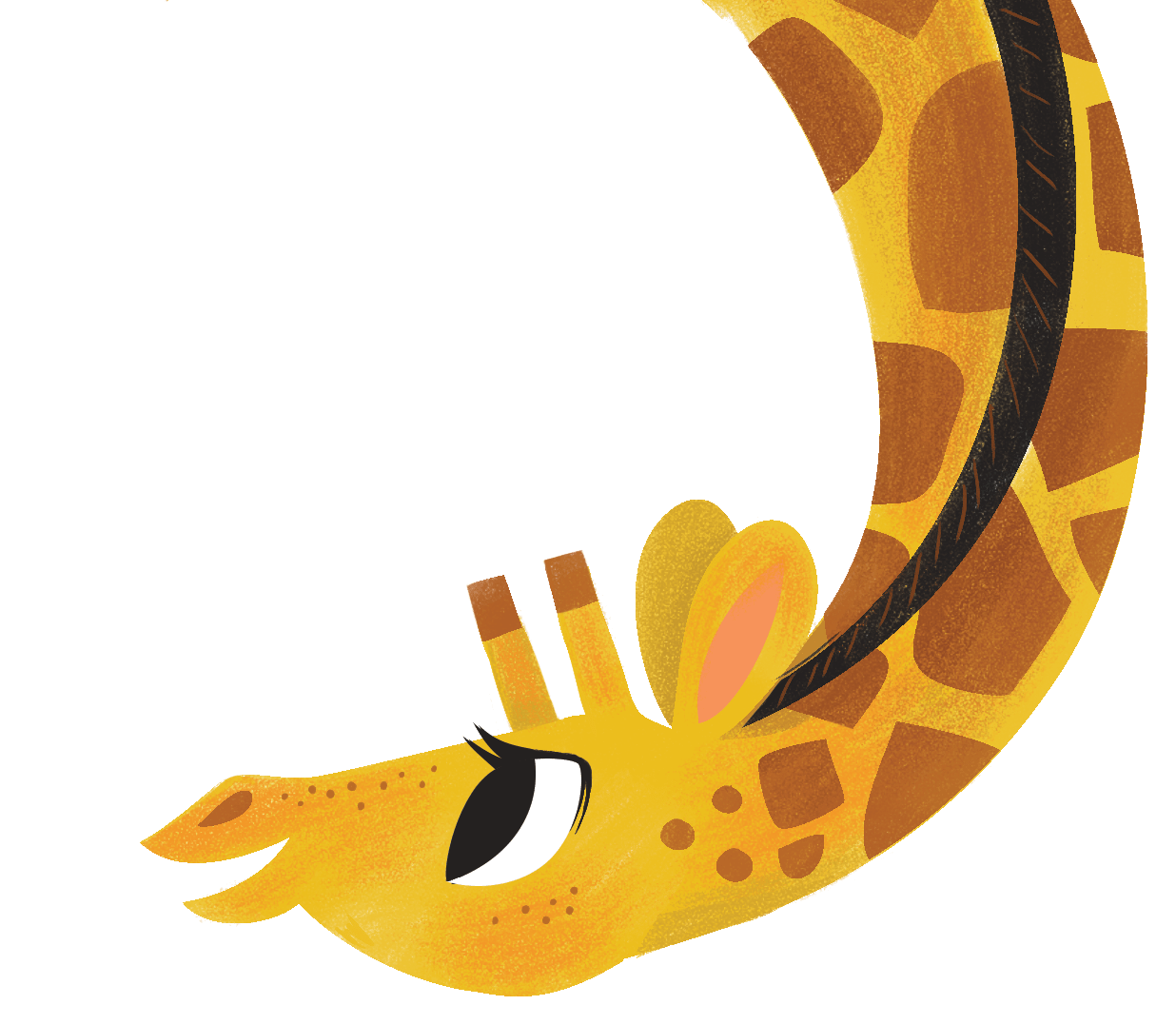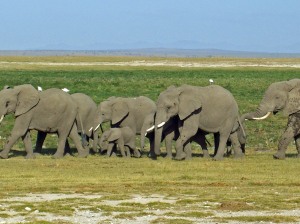It only takes me a second or two to bring back the delicious sensations of the hot, hot savanna.
When I was speaking at an Ethiopian heritage and culture camp this summer, I showed this picture.
Someone asked me, “But aren’t there crocodiles in some of the rivers in the warm part of Ethiopia?”
Um…yes.
The savanna meant adventure to me when I was a kid. It meant so many ostriches and zebras that eventually I got tired of looking at them. It also meant family—letting my dad talk us into the idea that drinking hot tea was a good idea even when we were hot, hot, hot.
I’m thrilled to have a new book to share with kids, especially ones who have a heart connection to Ethiopia, because it celebrates both the savanna and the long connective strings of family. And especially one by Toni because she and I have shared so many adventures in writing and speaking and…well…at camp.
Your new book, My Bibi Always Remembers, is set in East Africa. What is your connection to the region?
Visting East Africa had always been a dream for my husband Ken and me. In 1995 we were able to make that dream come true for the first time. Our 12 year old son, Topher, and the two of us boarded a flight for Kenya where we spent three weeks traveling across the country, seeing its most beautiful sights—the Maasai Mara—its animals…
…and visiting with the people there. We fell in love with East Africa and promised to return.
The next year afforded us another trip to the continent of Africa, this time a summer teaching position for me at the Casablanca American School in Morocco. Again, it was an amazing experience, filled with adventures in the sparkling white city on the Atlantic Ocean, a trip to the High Atlas mountains, and a train journey across the desert to Marakech. There we lunched on chicken tagine with lemons, olives, and couscous in the home of a rug merchant living in the medina and made connections to people who lived half a world away from us. Again, when we left, we dreamed of returning to Africa.
Two years ago, that dream came true. This time, I was invited to speak at schools in Ethiopia and Kenya. Ken and I once more boarded a plane for the African continent. What a spectacular trip it was, especially because we had the opportunity to visit a country entirely new to us. I spent a week with the students at the International Community School of Addis Ababa.
While there, we learned the ancient and modern history of that teeming city and then had the opportunity to travel a bit–to experience the Oromia region at Lake Langano with its many playful monkeys.
One afternoon, sitting on my balcony, I watched while one of these nimble little guys hopped through the window of the room next to ours and came out with a pilfered bar of soap. As always, we left Africa, dreaming of our return.
What about Africa calls you back?
So often, people here in North America think of “Africa” as one big place. But even in my three trips to four of Africa’s 55 countries, I have seen such diversity! There is so much more to see that I believe I will never be done returning to Africa.
The news we hear about this immense continent is often so grim, famine and disease and war. But that is not the Africa I know. The Africa I know is a continent of wonder—of many different cultures and such a variety of landscapes and animal and plant life. It’s a feast for every sense and a rich experience for the inquisitive mind to land in a place completely different from one’s home and yet to find so much in common with the people. I wish that everyone here on my continent could visit that vast continent at least once. My three African animal books, My Bibi Always Remembers, Just Like My Papa, and Stay Close to Mama allow little ones a journey to that continent on their pages.
Why did you choose to write about elephants?
Just as I love the similarity of people all over the world, when I visited Kenya, I loved the elephants for their similarity to us humans. They live in families.
They love their babies.
They travel together, protect each other, grieve the loss of even one member of their family. Every individual matters. So when Bibi, the matriarch, is leading her family across the dry, parched savannah to a place she remembers from the last long drought where there is likely to be water, every member of her family matters to her, and none more than the baby, Tembo, her grandchild. Playful, curious, distractible Tembo fails to keep up with the family on their journey and three times is separated from them. But each time she calls, a family member comes to rescue her—her mama, her auntie, and finally Bibi herself.
Elephants love each other, just as humans do, no matter where on the planet they live.













